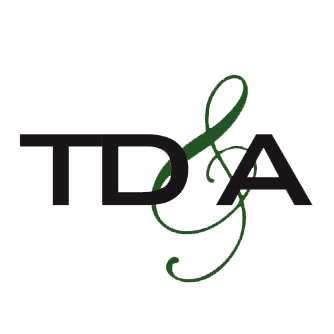Asset Protection for Small Business
According to a 2008 study (the most recent year for which we have figures), litigation costs United States small businesses more than $100 billion annually. SCORE reports that 43% of small business owners can expect to be threatened with a lawsuit. So how does a small business owner protect everything they have worked hard to build when operating in this overzealous legal environment?
Liability Coverage
Your first line of defense is liability insurance. As a business owner, it is important to contact your carrier to make sure you are carrying the proper type and level of coverage for your business. You might even want to consider umbrella coverage to add another layer of protection.
However, insurance coverage is rarely enough to satisfy a creditor. They want to get more and might try to go after personal assets. Moreover, insurance companies will make every attempt not to pay out on a claim; the recent litigation trend is for creditors to name a cause of action for fraud in every lawsuit, because insurance companies will not cover fraud actions, and creditors want to put as much pressure on you as possible. So, insurance alone is rarely enough.
Entity Planning
Your next line of defense involves proper entity planning. If you operate as a sole proprietor, independent contractor or general partner, your personal assets are at risk. Business creditors can seek recovery from your business assets and your personal assets. You can take your personal assets out of the mix with proper entity planning. Well-structured entities like corporations, Limited Liability Companies (LLCs), and Limited Liability Partnerships (LLPs) can serve as an added layer of protection against a business creditor.
Lawsuit-Proof Trust Planning
A lawsuit-proof trust provides the ultimate shield. Business entities are designed only to protect your personal assets and other wealth from liabilities arising from inside that entity. Many attorneys stop here. Their legal advice assumes that you will lose the business assets. They believe it is a worthwhile trade-off because you can hold onto your home, cash, and other investments.
Business entities are not designed to protect you from liabilities arising from outside the entity. Whenever you get personally named in a lawsuit your personal assets and your business entities (along with your business assets) are at risk, because ultimately, you still own your business entities. LLCs can provide charging order protection, which is useful. But it is really only a ‘road-bump’ – not a barrier. If you want true lawsuit protection you must use a Lawsuit-Proof Trust, which is a separate owner from you. The Lawsuit-Proof assets and underlying companies will be completely separate from your personal liability and your business liability, and not available to any creditors if you set up your structure before any problems emerge.
Timing is everything. It is important to plan well before problems emerge to avoid any accusations of fraud.
Tresp, Day & Associates, Inc. has significant experience using trusts for lawsuit prevention, and we are nationally recognized experts in asset protection. We can assist you with structuring your estate so that you can prevent things from happening before they even get the chance. Contact us today. We offer in-office as. well as face-to-face consultations utilizing video conferencing technologies such as FaceTime, Duo, and Zoom.

